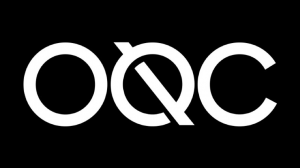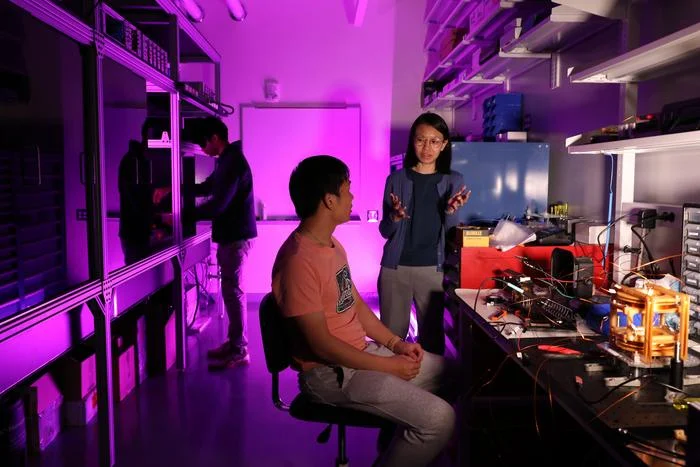Flagship Scheme
With the quantum computing market forecast to snowball from $93m this year to $283m by 2024 — that’s a compound annual growth rate of 24% — it’s no surprise at the excitement over the potential the technology could bring to the table with the recent deluge in funding.
This is particularly the case in Europe, where a 1 billion euro flagship scheme, initiated last October, is now well underway.
Its main goal will be to compete with the other important markets in quantum computing in North America and China.

Theoretical physicist, Tommaso Calarco, the man at the centre of Europe’s quantum computing industry and co-author of the 2016’s Quantum Manifesto, had this to say:
‘A year ago, it would have been difficult to pick out the promising companies. There was this concern that Europe was falling behind everyone else; that we would miss the global rush. But now, hope is strengthened. It’s no longer a flagship that’s emerging, but a quantum fleet.’
Dark Cloud
All around Europe startups are sprouting up at a rapid pace. In Germany and the UK. In France and Poland. Although not on the scale as in North America, it is still positive news for the industry.
This is all going on under a dark cloud because Europe’s best minds are turning their backs on the Old Continent and heading to Silicon Valley. One British startup, PsiQ, is a case in point — the entire team recently jumped ship, seeing they had much better prospects in California, where venture capital funds are more abundant and there’s the chance to work with some of the best minds in the industry.
One statistic compounds the fact: between 2012 and 2016, a figure of 562 European startups were purchased by American-based companies, which works out at a shocking 44% of the total.
Yet the UK and Europe are not giving up. The global race is on.
Unsurprisingly, the UK was one of the early innovators in quantum computing. The move by the British government to launch a £270m nationwide programme in 2013 is proof of this. It was followed by another £94m cash-injection this month, completing the second phase of the funding.
Research hubs have sprung up in Glasgow, York and Birmingham, which will each use their share of the funding to further research specific areas of QC. There is now a collaboration between over two dozen universities and 100 strategic partners within the industry.
UK government funding has also been responsible for outside investment from the private sector of more than £200m.
Companies, too, are making their mark on the sector, like Oxford Quantum Circuits based in the city of dreaming spires. Two startups located in Cambridge, Cambridge Quantum Computing and Riverlane, respectively, are showing the world that Silicon Valley can’t entice everybody away.

Brexit, sadly, could put a brake on all this.
But it is not only in the UK where innovation in quantum computers is in a healthy state.
Europe’s Mission
Europe is competing, too. Calarco plans to get more funding in the hundreds of millions of euros from the bureaucrats in Brussels. Whether he gets it, however, is out of his hands.
Startup BeitTech from Poland, Swiss outfits ID Quantique and RQuanTech, German-based InfiniQuant, and QTech from the Netherlands are there to be taken seriously in the QC industry.
As Brexit looms closer and the Americans and Chinese continue their technological race for supremacy in AI, quantum architectural systems and 5G infrastructure, there could be a danger that both the UK and Europe will suffer from a further brain drain of talented physicists and quantum engineers, willed on by the mouthwatering salaries and potential for professional development on offer across the Atlantic Ocean.
So it is up to our European governments and investors in the end not to let that happen, by pumping money into university research and the startups.















